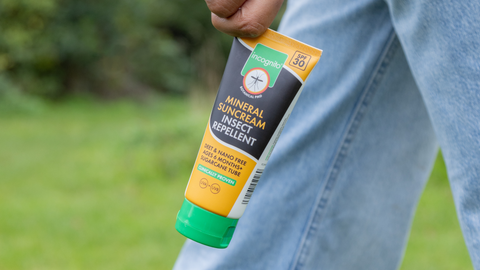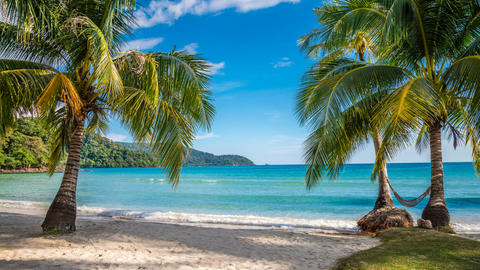Eco-tourism is a growing trend in travel that focuses on exploring natural areas responsibly, ensuring minimal environmental impact, and fostering sustainable practices. Unlike traditional tourism, which can often exploit local ecosystems and communities, eco-tourism emphasises environmental conservation, cultural respect, and sustainable contributions to local economies.
This type of tourism appeals to travellers who want to immerse themselves in nature while making conscious decisions to protect it. Activities such as hiking in national parks, bird watching, snorkelling in coral reefs, and visiting wildlife reserves are all popular examples of eco-tourism. Destinations like Costa Rica, with its lush rainforests and sustainable tourism initiatives, or the Galápagos Islands, which enforce strict visitor limits to protect fragile ecosystems, are prime spots for eco-tourists.
However, eco-tourism isn’t just about choosing the right destinations or activities; it’s also about adopting sustainable practices during your travels. For instance, avoiding single-use plastics, supporting local businesses, and using eco-friendly products can significantly reduce your environmental footprint.
Examples of Eco-Tourism in Action
- Conservation-Focused Lodging: Eco-tourists often choose accommodations such as eco-lodges or camps that use renewable energy, recycle waste, and source food locally. These lodges minimise their impact on the environment while offering visitors a chance to reconnect with nature.
- Sustainable Adventures: Activities like kayaking in mangroves, trekking in biodiversity-rich jungles, or participating in volunteer programs that restore habitats are common eco-tourism endeavours.
- Mindful Marine Exploration: Snorkelling or diving in marine parks often comes with guidelines, such as not touching corals or feeding marine life, to ensure these fragile ecosystems remain pristine.
Why Eco-Friendly Products Matter: The Case for incognito’s Sunblock
For eco-tourists, choosing environmentally friendly products is a key part of travelling sustainably. One such product is incognito’s Sunblock and Insect Repellent. This innovative sunblock is a perfect companion for eco-conscious travellers because it is reef-safe and does not contain harmful chemicals like oxybenzone or octinoxate, which are known to bleach and damage coral reefs.
In addition to being reef-safe, incognito’s product is dual-purpose—it offers protection from harmful UV rays and repels insects, reducing the need for multiple products. Its biodegradable formula aligns perfectly with the principles of eco-tourism, ensuring you can enjoy outdoor activities without leaving a negative impact on the environment.
How You Can Support Eco-Tourism
By making thoughtful choices about where and how you travel, you can contribute to a more sustainable tourism industry. Whether it’s selecting eco-certified tour operators, packing environmentally friendly products, or supporting local communities, your actions as a traveller can make a difference.




Comments (0)
There are no comments for this article. Be the first one to leave a message!